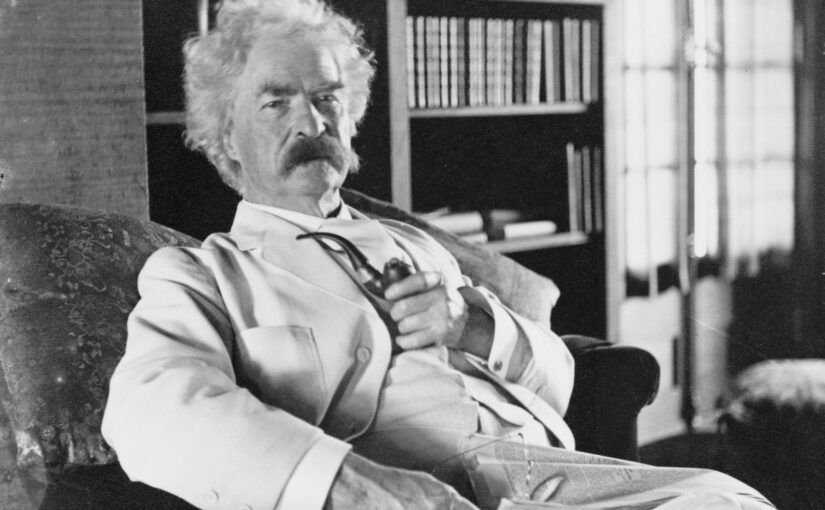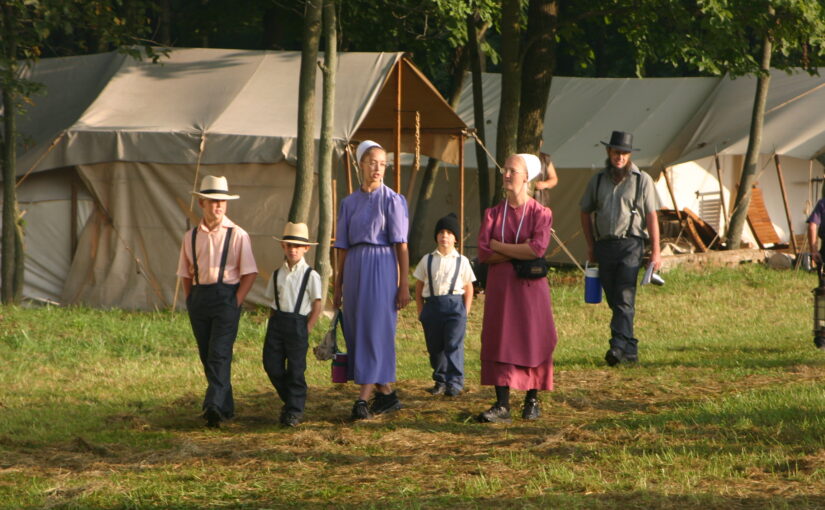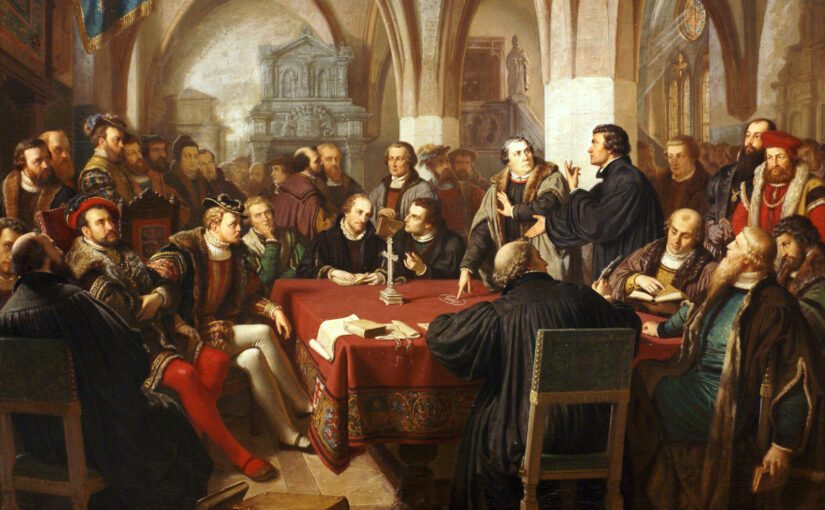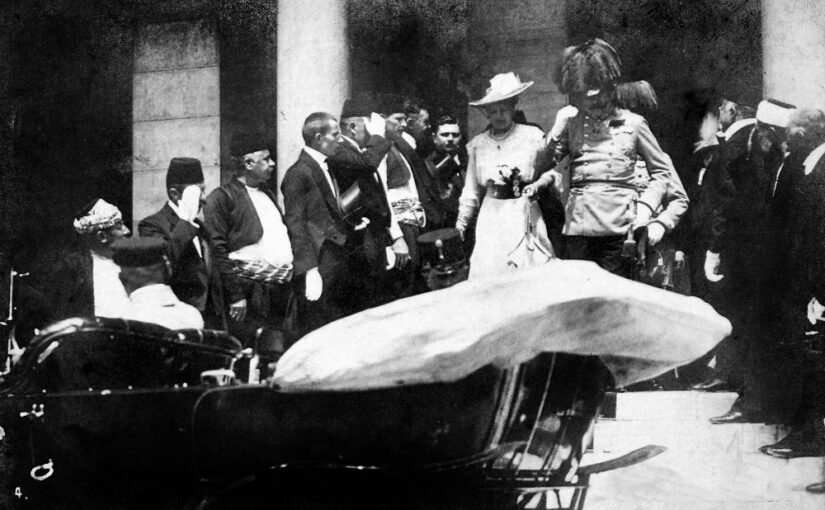A Love-Hate Affair With Words
Mark Twain had a knack for turning irritation into laughter. Few writers could complain as brilliantly as he did, and nowhere is this talent more obvious than in his famous essay “The Awful German Language.” At first glance, the title seems like a blunt dismissal, a declaration that German is unwieldy, unforgiving, and perhaps not worth the trouble. Yet the more one reads, the clearer it becomes: Twain’s tirade is not only a list of grievances but also a declaration of fascination. His exaggerated frustration hints at a deeper affection for the very language he seemed to mock.
Continue reading Why Did Mark Twain Write “The Awful German Language,” and Did He Secretly Love German After All?






